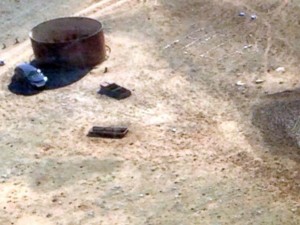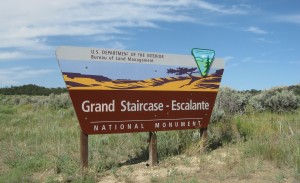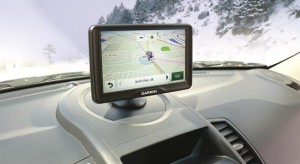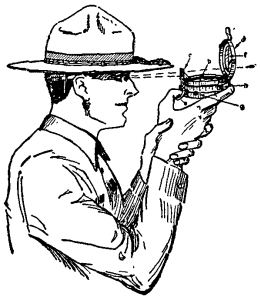Can we sometimes place too much faith in GPS for directions? Some stories make this seem so.

In one 2016 story, a young woman became lost for 5 days near the Grand Canyon due to reliance on her car’s GPS, which, due to a wrong turn, caused her to become stranded in the desert, out of gas, and with no way to summon assistance due to lack of cell coverage.
And this story about a family car becoming stuck in the snow near the Grand Canyon in December, 2016 due to reliance on GPS directions, ultimately requiring rescue.
And, this 2017 story where a couple was stranded in the southern Utah for six days due to reliance on GPS for directions.
See, also, these stories of being misdirected by GPS directions in the wilderness:

http://abcnews.go.com/US/family-spends-freezing-night-car-gps-directions-leave/story?id=44137192
https://skift.com/2016/03/26/a-gps-error-is-leading-mount-rushmore-tourists-to-the-wrong-site/
https://arstechnica.com/cars/2016/05/death-by-gps/
http://www.npr.org/2011/07/26/137646147/the-gps-a-fatally-misleading-travel-companion
Other articles confirm that the brain’s directional/mapping skills suffer if we rely solely on GPS to find our way. This might be a good lesson to keep in mind for those units planning treks into the wilderness, such as the Appalachian Trail, the mountains of the northeast such as the Adirondacks, or related wilderness areas.

Knowing how to use a map and compass, and visually relating such knowledge to the environment surrounding us, is still an important, if not crucial, skill.
See, these articles:
https://www.outsideonline.com/2135771/your-gps-scrambling-your-brain
